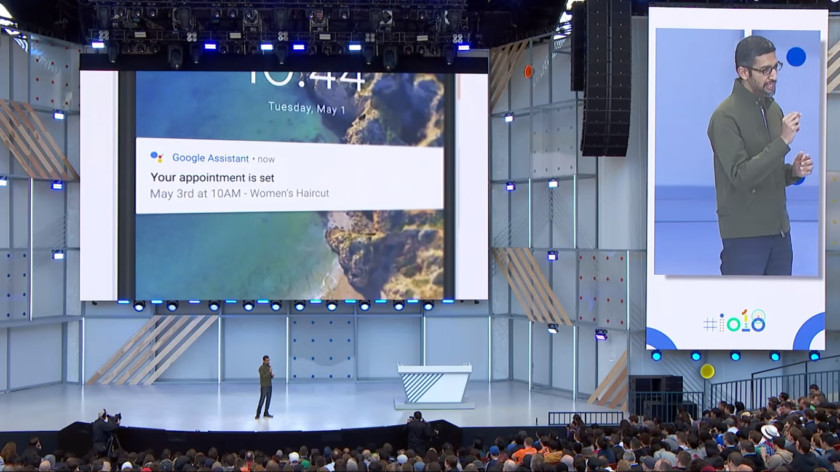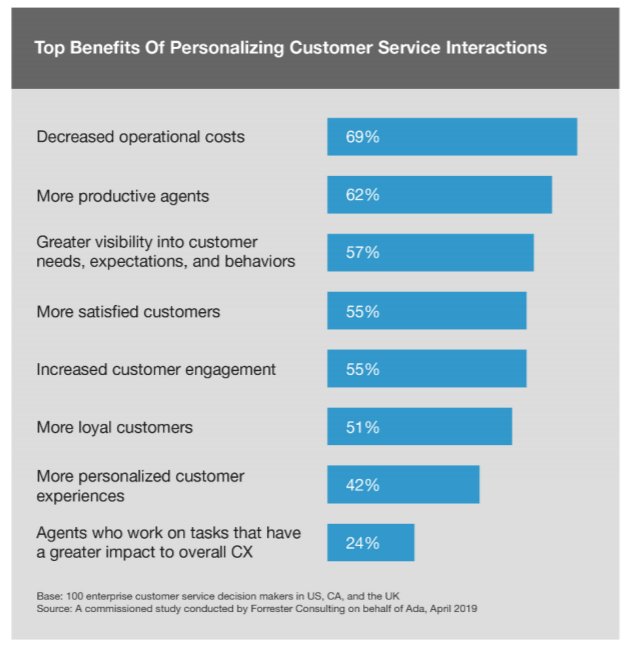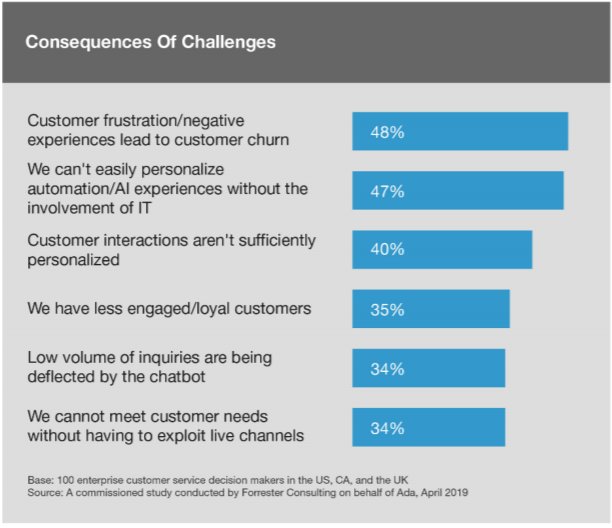Will AI Chatbots Ever Perform as Well as Human Agents in the Contact Center?
By Liam Schraeder, Editor In Chief
Empowered by artificial intelligence (AI), chatbots are surging as new technologies with both business potentials and customer pushback. Chatbots are a popular new technology with unprecedented business potentials, galvanized by AI and machine learning. Essentially, AI chatbots are computer programs that simulate human conversations through voice commands or text chats and serve as virtual assistants to users.

Google Duplex, released in 2018, is a ground-breaking application of AI chatbots that can make restaurant and haircut reservations over the phone, wherein people answering the call may not know they are engaging conversations with bots. According to the New York Times, many brands such as American Eagle Outfitters and Domino’s Pizza have rolled out chatbots to take orders or recommend products, while other major platforms such as Amazon, eBay, Facebook, and WeChat have adopted chatbots for conversational commerce.
The Benefits of AI-Driven Chatbots
AI chatbots can provide several unique business benefits. First, they automate customer services and facilitate firm-initiated communications. Chatbots are equipped with sophisticated speech recognition and natural language processing tools that enable them to understand complex and subtle dialogs and address consumer requests with depth, compassion, and even humor. Moreover, chatbots can converse friendly with customers, because they don’t have bad days and never get frustrated or tired like humans. In addition, they can easily scale up to handle a large volume of customer communications for call center businesses.

Do Chatbots Hurt the CX Experience?
Despite such potential benefits for the supply side, a key challenge for AI chatbot applications is customer pushback from the demand side. Customers may feel uncomfortable in talking with computer programs for personal needs or letting chatbots assist purchase decisions. That is, humans may prejudice that chatbots lack personal feeling and empathy, perceiving bots as less trustworthy with payment information and product recommendations..

The Chatbot Dilemma
Businesses face a dilemma of disclosing the usage of AI chatbot technology to customers. On the one hand, if firms disclose the machine identity, they might not gain the full business value of AI chatbots due to customer pushback. On the other hand, customers have the right to know whether it is a bot or a human that handles their communications because of business ethics. Moreover, regulators are increasingly concerned about customer privacy protection and have encouraged companies to be transparent on chatbot applications during customer communications
The Experiment
In 2019, researches at Temple University conducted an experiment: they randomly assigned 6,255 customers to receive highly structured outbound sales calls from chatbots or human workers. A novel part of their experiment design is to vary the disclosure of chatbots (no disclosure, disclosure before conversation, disclosure after conversation, or disclosure after decision), as well as human expertise (proficient or inexperienced workers).
This allows them to test the causal impact of chatbot disclosure on customer purchases and compare the performance of chatbots and human workers in the six-condition experiment. Their data suggest that undisclosed chatbots are as effective as proficient workers and four times more effective than inexperienced workers in engendering customer purchases. However, the disclosure of chatbot machine identity before conversation reduces purchase rates by over. Based on past six-month sales call performance in the company, proficient workers are among the top 20% (seasoned), while inexperienced workers or underdogs are among the bottom 20% (rookies). 79.7%. Their results are robust to various falsification checks and additional analyses with nonresponse bias and hang-ups. Also, compared with the condition of no disclosure, disclosure before conversation substantially reduces the call length.

As we can see in Temple University's results, there are two major factors at play 1) disclosure versus non-disclosure, and 2) the quality of the AI and accent of the voice. It's interesting to note just how significant the call length and purchase rate increased without disclosure.
Which AI Chatbot is Right for Your Business?
The are many AI Chatbot companies offering tools for you to use. Some of them come as part of a larger solution, as in the case of NICE InContact and Genesys (shown here).
Others come as third-party modular add-ons that can work within your existing framework. Like everything in technology, no two solutions are created equal. We highly recommend you consult a contact center expert and let them vet the different options for you.
Want to Learn More?
If you would like to engage with a Trusted Advisor that can advise you on all-things contact center, from virtualizing your infrastructure to optimizing your workforce through AI, give our technical help desk a call at +1 (888) 711-3656 and we'll put you in contact with a trusted independent contact center specialist in your area.

About the Author: Liam Schraeder is the Editor in Cheif for BizPhonics.com. He covers all of the recent developments in cloud communications, collaboration, and contact center as a service. He's been all over the globe, attending conferences, talking to analysts, and measuring actual cloud contact center utilization to piece together a comprehensive view of which service providers work best for which industries.
